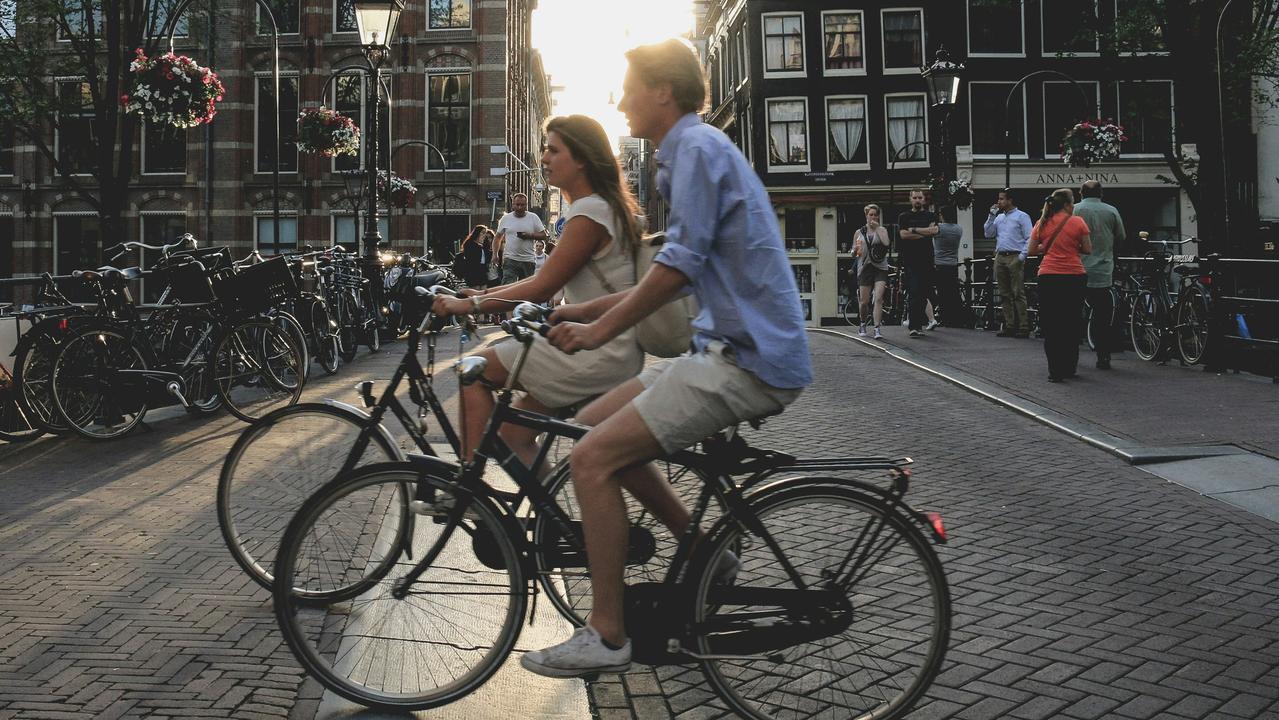What your plane seat choice says about you
Arm doors and crosscheck, because we are about to explain, with the aid of psychology, just what your plane seat preference says about you.
The debate about the best place to sit on a plane (and what it says about you as a person) was ignited again this month after an author tweeted out a truth so dark it is seldom mentioned in polite conversation: Some people actually like the middle.
“My husband (the extrovert) and I (the introvert) got separated on our flight. We’re in middle seats in the same row. I’ve already apologised to the people sitting next to me like seven times. My husband is sharing beef jerky with strangers and I think he’s now in someone’s wedding.”
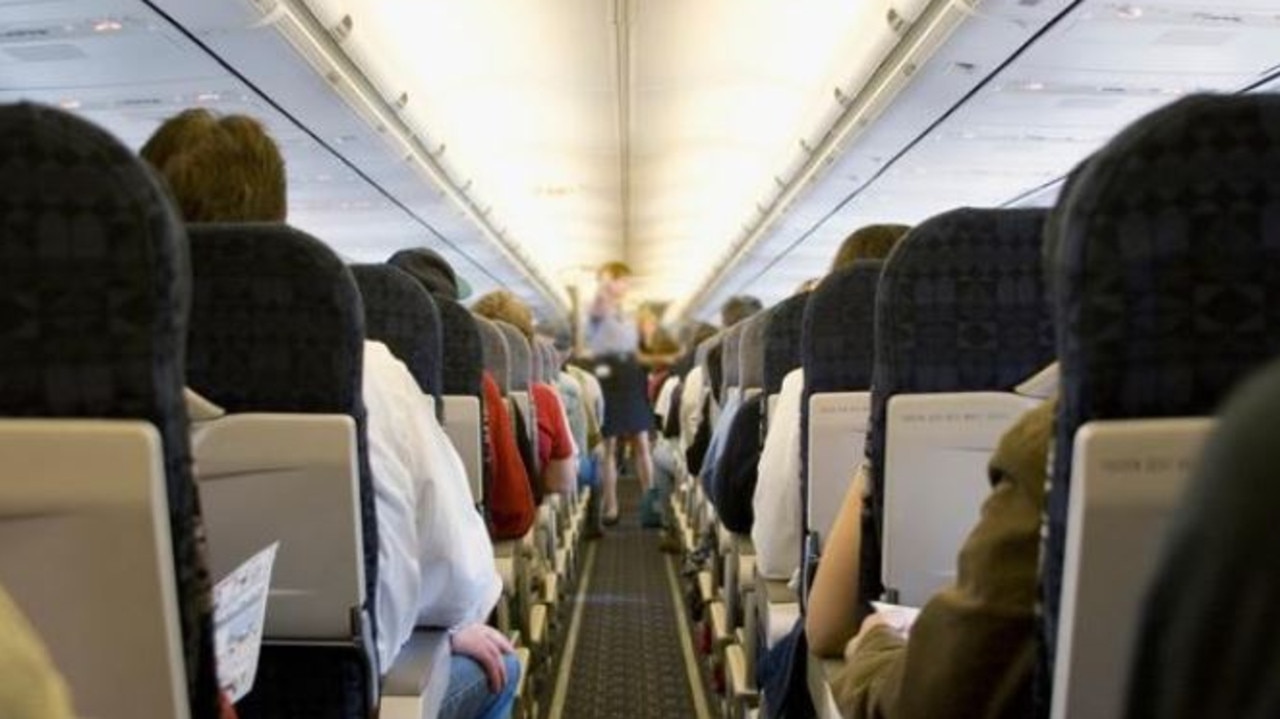
And even though it’s over three years old, it resonated so powerfully with so many, it has popped up again on Instagram as a bona fide meme. The tweet garnered over 1000 likes and more than 20 replies, with some people seeing themselves as the extrovert and others as the introvert in the same scenario.
Psychologists have waded into this territory before, going so far as to label those who enjoy middle seating as “open-minded”, which, if we’re being honest, is another way of saying they act like swingers. But is that really true? And what of those who prefer the aisle? Or the window? Well, drop your bags here, because we are about to explain, with the aid of psychology, just what each seat preference says about you.
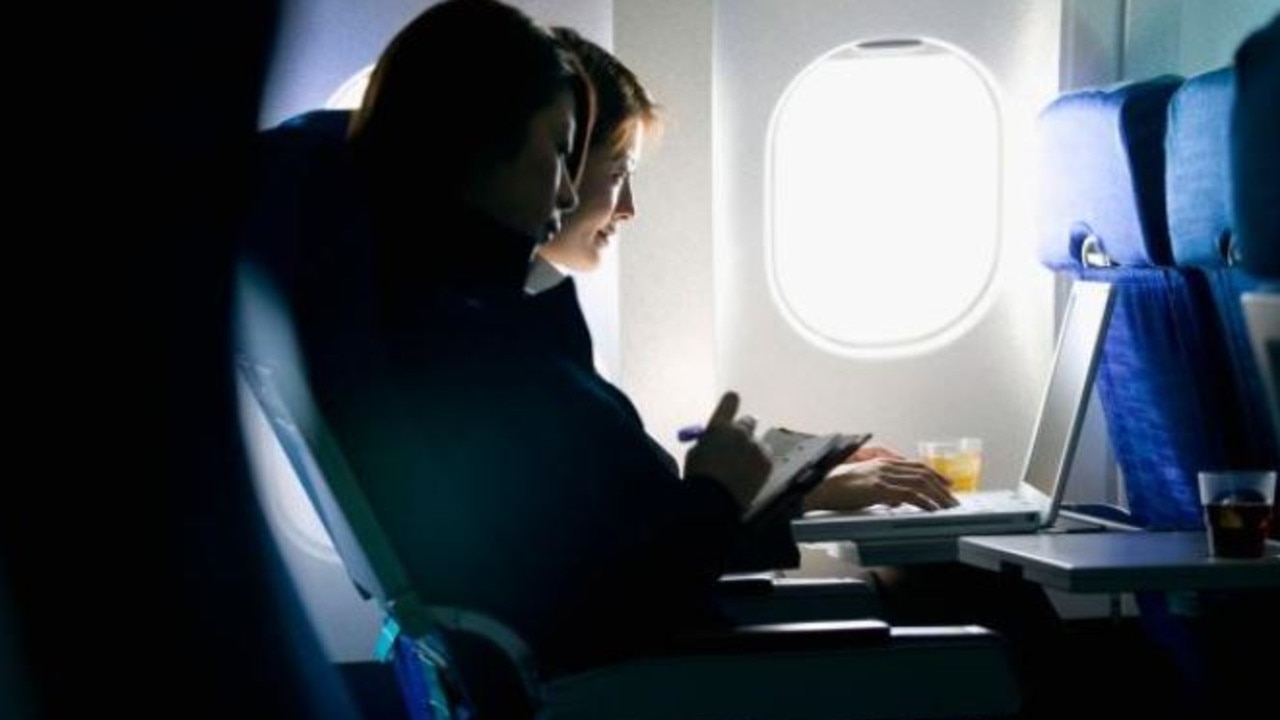
Middle
As we’ve just established, the middle seat is usually occupied by extroverts, (or those who are unfortunately, super late to book their flight).
According to psychologist and University of Washington Professor Jonathan Bricker, who devoted his PhD thesis to the anxiety of air travel, people who prefer the middle seat are usually easygoing types who will, yes, probably end up sharing their beef jerky.
“These are people who likely possess some humility and modesty, rather than a sense of control and self-importance” Prof Bricker says. “They may be less concerned about catching Covid or other airborne illnesses. Philosophically, perhaps they recognise that we all share this universe and frankly are all sharing the same goal: To travel from Point A to Point B.”
But, he adds: “On the most practical level, let us not forget that they simply might be smaller in size so their seat choice may matter very little to them.”
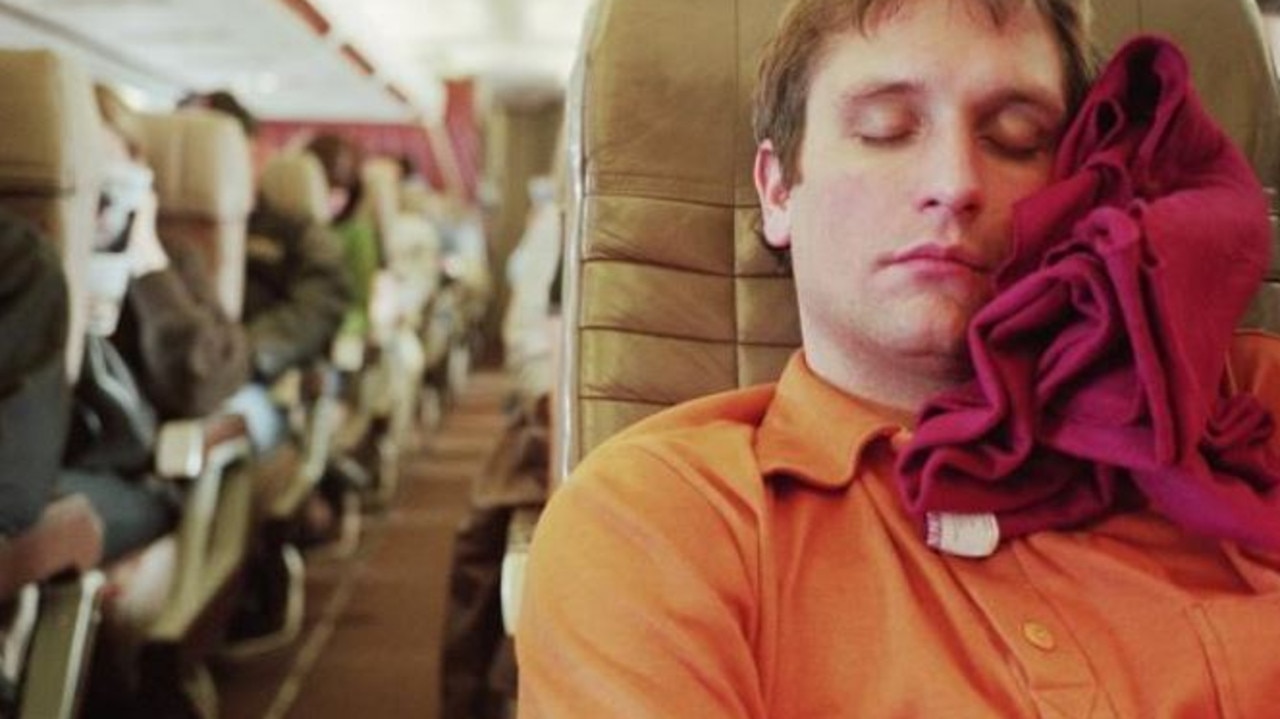
Aisle
This is a person who would rather be inconvenienced than inconvenience anyone else.
“You know you have the ability to get up and walk around without having to ask anyone or climb over your seat mate,” Prof Bricker says.
Without a seat to lean on, this person would rather be uncomfortable than actually have to connect with their fellow passengers – a sure sign of an introvert.
“In a large group of people, introverts feel physically uncomfortable and tend to want to stay on the periphery – they don’t like to be surrounded by people or objects on all sides.”
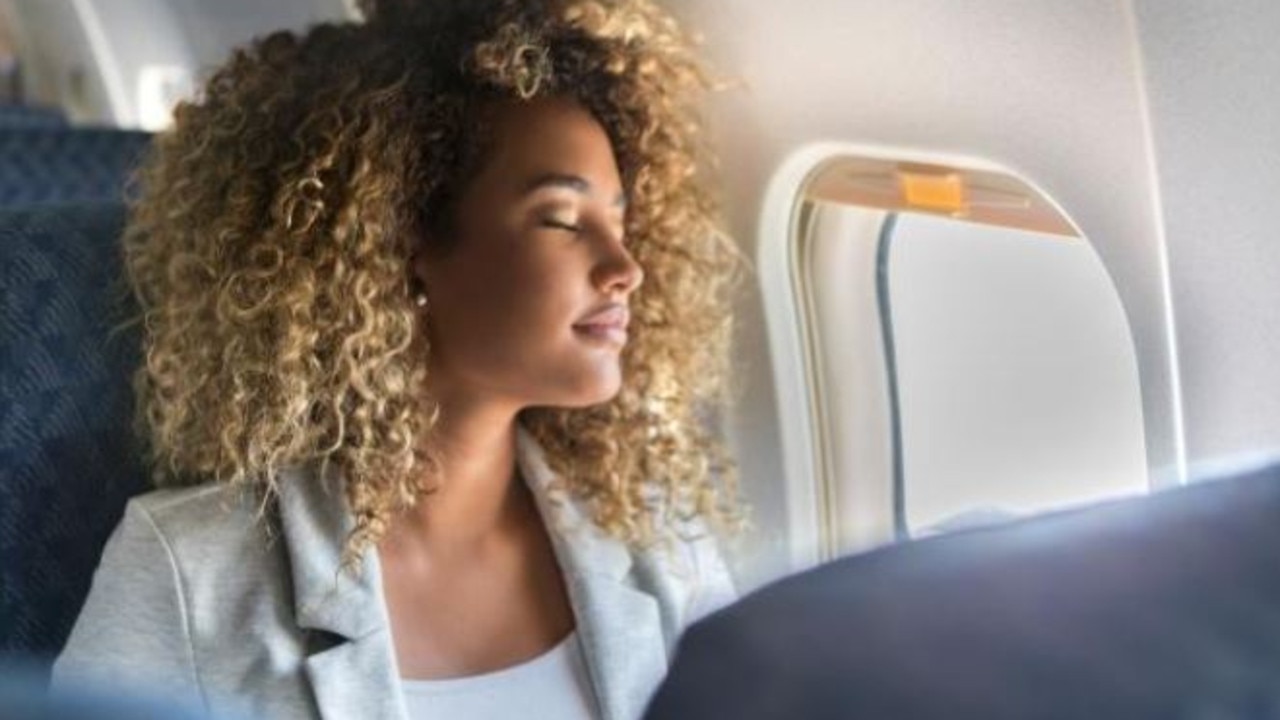
Window
For those who thought they chose this seat because they liked the view, (or a chance to rest) we have news: According to one psychologist, you’re a little self-absorbed.
“Passengers who favour the window seat like to be in control, tend to take an ‘every man for themselves’ attitude towards life, and are often more easily irritable,” Dr Becky Spelman, chief psychologist at Harley Street’s Private Therapy Clinic told The UK Telegraph.
“They also like to ‘nest’ and prefer to exist in their own bubble.”
Well, as long as we’re tearing down the poor window seaters, let’s remember that they’re always the first served by the airline steward, and must pass all their rubbish down the line. We might conclude that they like to be treated like royalty – but, alas, that would be unkind and a sure sign we were reading too much into it.
This story originally appeared in Escape and has been reproduced with permission





